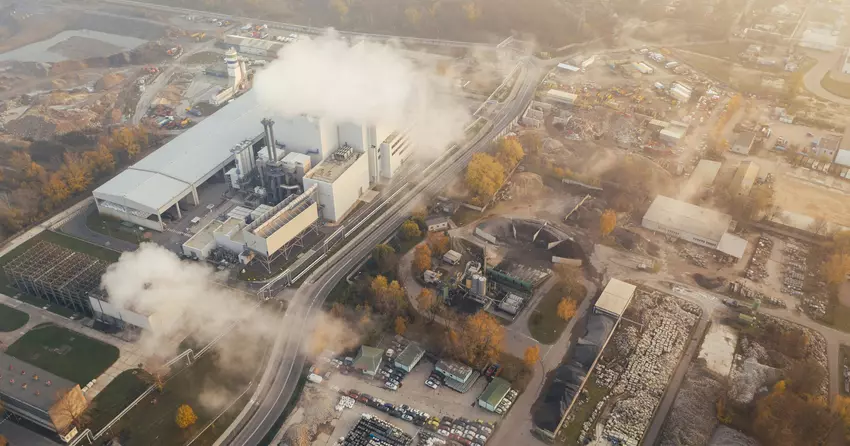
Google’s AI Push Raises Emissions 51%, Hurting Green Goals
According to Google’s 2025 sustainability report, its “ambition-based emissions” have increased by 51% since 2019, indicating the tech giant will likely fail to meet its goal of cutting planet-heating pollution in half by 2030.
In its report, Google cites several factors outside its “direct control” that are hampering its climate goals. One reason is the “rapid evolution of AI” which could make the corporation’s “future energy needs and emissions trajectories more difficult to predict.”
Data centers that support the training, deployment, and operation of AI models like OpenAI’s ChatGPT and Google’s Gemini, require massive amounts of energy.
For context, the International Energy Agency estimates that data centers’ total electricity use could reach 1,000TWh (terawatt hours) in 2026, similar to Japan’s level of electricity consumption. Additionally, research firm SemiAnalysis predicts that with the current pace of AI growth, data centers will use 4.5% of the global energy by 2030.
Google is not the only company struggling to keep its green promises. As tech giants race to secure leadership positions in the AI revolution, Meta, Microsoft, and other companies are facing the same challenges.
Meta recently launched a call for emissions-reduction partnerships amid its soaring emissions. At the same time, it’s building a massive gas-powered data center in Louisiana. Meanwhile, Microsoft’s emissions are up by 23% since 2020. Like Google, it blames its AI data centers for the increased pollution.
Some AI companies are developing energy-efficient models, including DeepSeek. Google, on the other hand, bets on renewable energy and carbon removal technologies to minimize its carbon footprint. Despite its efforts, Google says meeting its 2030 green goals “will be very difficult,” due to “slower-than-needed deployment of carbon-free energy technologies at scale.”
That said, Google is optimistic that AI could have a “net positive potential” on climate and hopes that, eventually, AI-enabled emissions reductions will be greater than the emissions generated by the technology.
Global professional services firm Accenture shares Google’s optimism. According to its report published last year, the AI boom is hindering decarbonization goals. However, it believes AI has the potential to become a ”super-lever for decarbonization,” and urges companies to leverage the technology to support their decarbonization initiatives.















